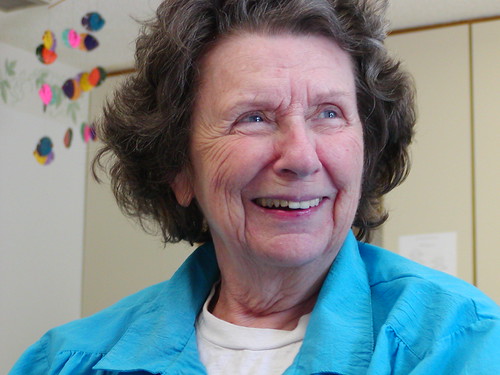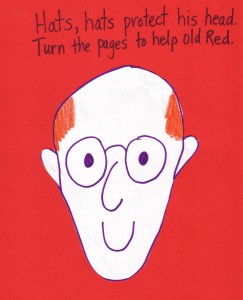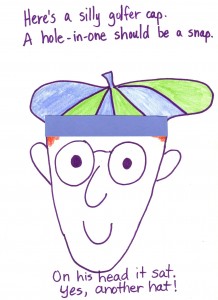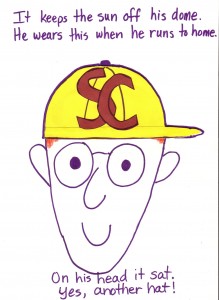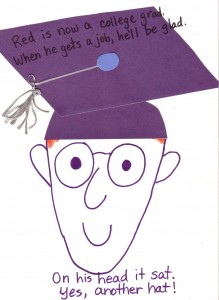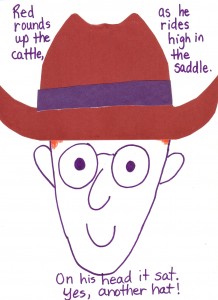
About that dime: It’s just to show off how big and strong I’ve managed to stay despite my many years of erosion.
“Are you going to keep that rock hanging over my head? It’s been 30 years,” he said.
“Maybe!” she said. “But really I keep it because I like it. It represents strength and true love.”
I’m glad she kept me sitting on her dresser all these years. It’s been a very quiet thirty years.
My life started eons ago, taking the slow painful journey through glaciated North America. My history has been long and cold, not sure how long it lasted really. I was nestled snuggly between the hard ground and my icy blanket, scraping along an average of 2.4 inches per month during those years. (How do I know, you ask? Well, it was really boring, and I had much time to do math calculations.)
Finally, the Ice Age ended, and for the past two million years I’ve been inching my way up through the accumulated moraine.
1983 A.D. – Whew! I finally made it! To the summit. I landed in Holland, Michigan, in a dirt pile, dug up recently by men in orange suits wielding heavy shovels and water bottles. Now, there I was lying in a very small, low-profile pile of rocks and dirt, and soon I was being invaded by the quick-growing summer grass of western Michigan.
One day newlyweds were out doing yard work. One with a broom. One with a power mower. Up and down the rows he went with his foul-smelling machine. He came closer, and I was trying hard to wiggle down and tuck my butt into the dirt. I felt so vulnerable. I wasn’t sure what that machine did, but it was getting way too…What the?…Ping, bang, ping, @#*&$%!…Bang, ping, bang…@#*&$%!
What happened? I wondered. In all my billions of years, I never felt anything like that before. It was like I was sucked up into a wild spinning amusement park ride. Only this ride had gyrating metal blades poking out in all directions.
“Hey, be careful,” she said. “I think there’s dirt flying out of your sorry lawn mower.”
“Whoa! What happened to you?” he asked, pointing at her leg.
“You’re shooting pebbles and dirt out of the lawn mower,” she said, as she finally looked down to see my handiwork for herself.
Oops.
And there I was, not far from her shin, feeling sheepish. Did I really do that? I wondered.
She picked me up, with surprising gentleness. She brought me into the house, and then they drove to the hospital.
Three days later, after debridement of the dirty wound (I beg your pardon!) and three days on drip antibiotics, she came home on crutches until she healed from an (only slightly) fractured tibia.
She still wanted me, though.
I have greatly appreciated the thirty-year respite.

